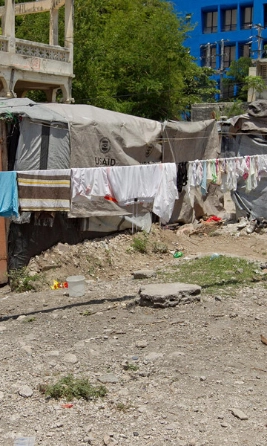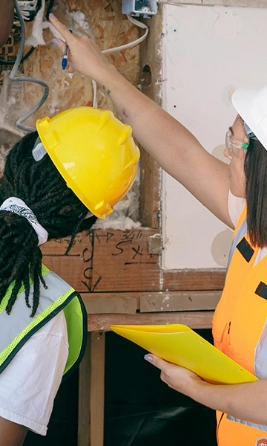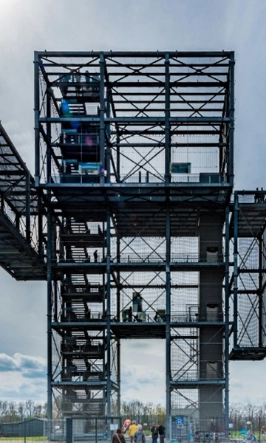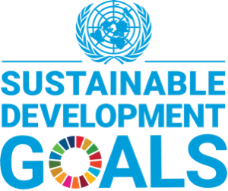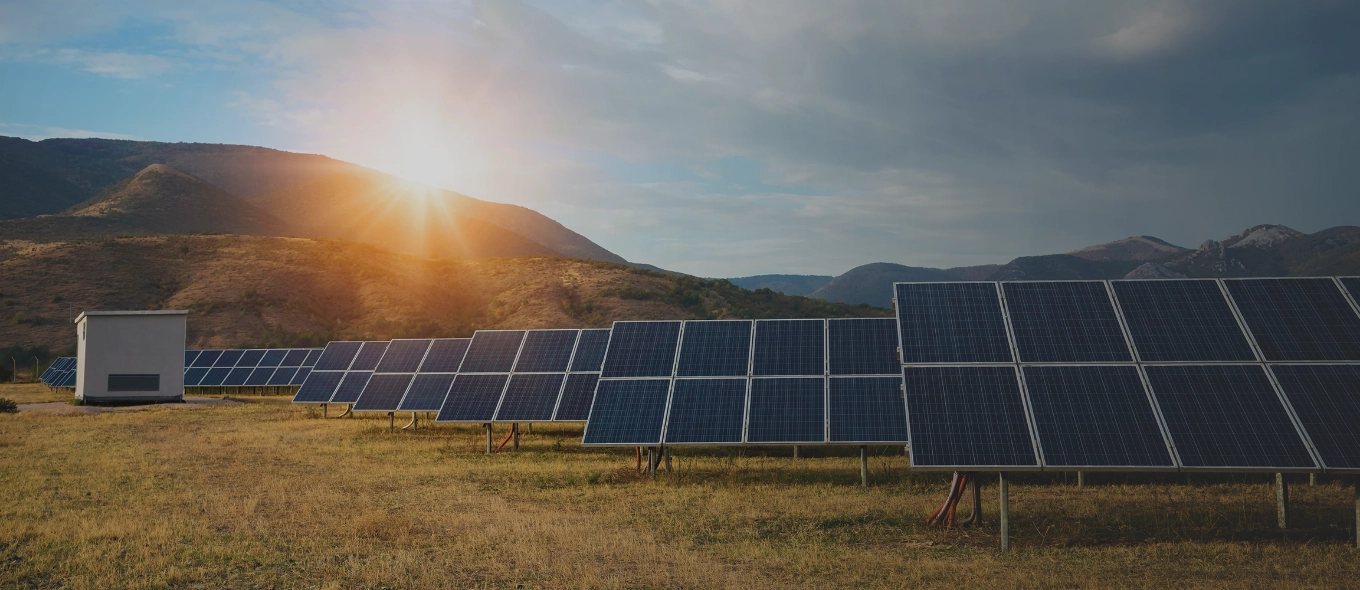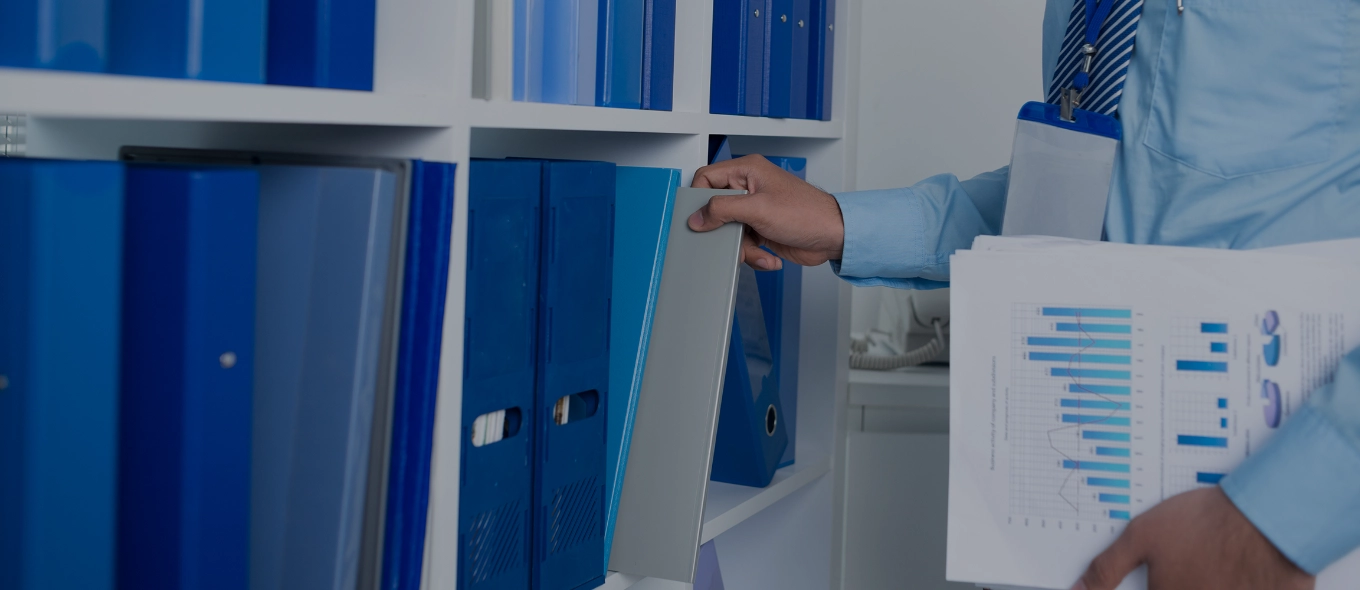We connect digital efficiency with responsibility toward the environment, people, and ethical governance.

Three strategic pillars guiding our path toward a sustainable business environment:
At ZIPPER, sustainability is embedded in every product and service we deliver. We focus on efficient resource use, reducing consumption, engaging in social initiatives, and maintaining a transparent and ethical work environment.
We operate with responsibility toward the environment, people, and ethical governance. Through clear policies and concrete actions, we protect resources, promote inclusion, and actively collaborate with our partners to build a sustainable and secure business model.
Environment
We operate with environmental responsibility, guided by clear policies and concrete actions focused on efficient resource use, reducing overall consumption, lowering greenhouse gas (GHG) emissions, and actively collaborating with partners to build a sustainable and secure business model.
We continuously invest in green technologies
Equipping our Cluj-based Data Center with photovoltaic panels is a key step toward reducing our carbon footprint and supporting a sustainable IT infrastructure. We believe in a cleaner future, powered by renewable energy and built on environmental responsibility.

Society
We promote an inclusive, safe, and ethical organizational culture—one in which all stakeholders, from employees and clients to members of the communities we serve, are treated with respect and transparency.
We continuously develop and implement internal anti-discrimination policies, professional codes of ethics, and ensure that incident reporting mechanisms operate effectively.

Governance
For us, governance goes beyond compliance, it means responsibility, trust, and sustained ethical action. We have strengthened our integrity policies and procedures through a secure and effective whistleblowing mechanism and are committed to fostering a safe, ethical, and transparent business ecosystem.
Technological performance must go hand in hand with ethics and at ZIPPER, this is a strategic priority.

Sustainable Development Goals
ZIPPER aligns with the Sustainable Development Goals (SDGs) defined by the United Nations, actively contributing to their achievement through continuously updated policies, measures, and procedures.
ZIPPER acknowledges all 17 major SDGs outlined in the United Nations 2030 Agenda and actively contributes to 9 of them through concrete actions, internal policies, and ongoing operational measures, specifically:
Sustainability in ZIPPER’s services and products
ZIPPER integrates sustainability principles into every stage of its operations, from product and service development to final delivery. Through our portfolio of solutions, we support clients in adopting more responsible business models and reducing their environmental impact.
Every product and service is designed with efficiency, safety, and alignment with ESG goals in mind.
We understand the impact that the digitalization process, powered by ZIPPER solutions, can have on employees, and we are here to support them every step of the way by providing dedicated guidance and specialized training throughout the implementation of the chosen solution.
Sustainability in the procurement process
ZIPPER understands the broad impact its supply chain can have on the environment, society, and business ethics.
We take responsibility toward our clients and require our suppliers to adhere to ZIPPER’s sustainability policies.
Through our Sustainable procurement policy, we ask our partners to comply with clear environmental, human rights, and ethical standards.

ZIPPER Sustainability policies
ZIPPER’s commitment to sustainability is reflected through a comprehensive set of policies designed to effectively address the various dimensions of social, environmental, and ethical responsibility. These policies are intended to embed sustainability principles across all aspects of our operations, reflecting a deep awareness of the impact our actions have on the environment and the communities in which we operate.
Through these policies, ZIPPER aims to reduce its environmental footprint, promote the responsible consumption of resources, protect biodiversity, uphold fundamental human rights, and adopt a business model rooted in integrity, transparency, and honesty with a proactive stance against corruption in all its forms.
Doru Vîjîianu, CEO ZIPPER Romania
"In a world where technology shapes everything, from the economy to human relationships, ZIPPER has embraced a mission greater than simply optimizing processes: building a sustainable future through responsible digitalization and ethical decision-making.
I firmly believe that a company’s true performance is measured not only in numbers, but also in how it respects the environment, supports people, and acts with integrity in the business ecosystem. At ZIPPER, every solution delivered, every product developed, and every relationship built is guided by clear policies on social responsibility, transparency, and resource protection.
We have embedded sustainability into our DNA, in how we reduce electronic waste, digitize documents to limit paper consumption, and help our clients evolve toward more environmentally friendly and efficient ways of working.
The future belongs not to those who wait, but to those who choose, every day, to act with purpose.
At ZIPPER, we choose to be part of that change, with excellence, respect, and innovation.”
Read more
Sustainability report
Since 2022, ZIPPER has voluntarily chosen to prepare a Sustainability report, despite not being subject to the requirements of the Corporate Sustainability Reporting Directive (CSRD), a European Union regulation mandating companies to disclose detailed information about their environmental, social, and governance (ESG) impact.
This decision was driven by our awareness of the impact of climate change, our commitment to social responsibility and ethical governance, as well as our alignment with the European Union’s strategic direction on sustainability.
The Sustainability report is based on the Corporate Sustainability Reporting Directive (CSRD), a European Union regulation that requires companies to provide detailed disclosures on their environmental, social, and governance (ESG) impact.
The Sustainability report provides an analysis of the company’s performance using both qualitative and quantitative indicators, offering stakeholders relevant insights into the impact of ZIPPER’s activities on the environment, society, and the business ecosystem.
Our commitment to annually reporting on objectives and performance indicators is a key pillar of our strategy toward a more sustainable future, a more responsible company, and a more prosperous community.
Greenhouse gas emissions
The greenhouse effect is a natural process through which the Earth's atmosphere retains part of the Sun’s heat, maintaining a temperature suitable for life. The problem arises when the concentration of greenhouse gases exceeds natural levels due to human activities, leading to the overheating of the planet.

1

25

298

1,000 – 23,000+
*The warming potential refers to how much the respective gas contributes to the greenhouse effect compared to CO2.
ZIPPER’s carbon footprint
In 2023, ZIPPER decided to calculate its greenhouse gas emissions for the first time using the GHG Protocol, an internationally recognized standard that provides a clear and consistent framework for measuring and reporting corporate greenhouse gas (GHG) emissions. It is the most widely used global guideline for carbon accounting and forms the basis for numerous regulations and standards, including the CSRD, ESRS, and ISO 14064.
The GHG Protocol Corporate Standard categorizes GHG emissions into three “scopes”:
Scope 1:
Direct emissions
Emissions from sources owned or controlled by the company.
The combustion of fuels in company-owned boilers, vehicles, or equipment used for product delivery.
Scope 2:
Indirect emissions
Emissions from electricity purchased by the company.
Purchased electricity, heating, or cooling.
Scope 3:
Other indirect emissions
Other indirect emissions across the value chain.
Employee commuting, procurement of goods and services, waste generated in company operations, and product use.
ZIPPER has calculated its Scope 1 and Scope 2 emissions and is actively working toward measuring Scope 3 emissions, recognizing their importance for comprehensive and transparent reporting.
At ZIPPER, we understand the importance of sustainable policies that are aligned with today’s realities, and we are committed to continuously improving them to support a more responsible and equitable future.
For any additional information, please contact us at: sustenabilitate@ezipper.ro



